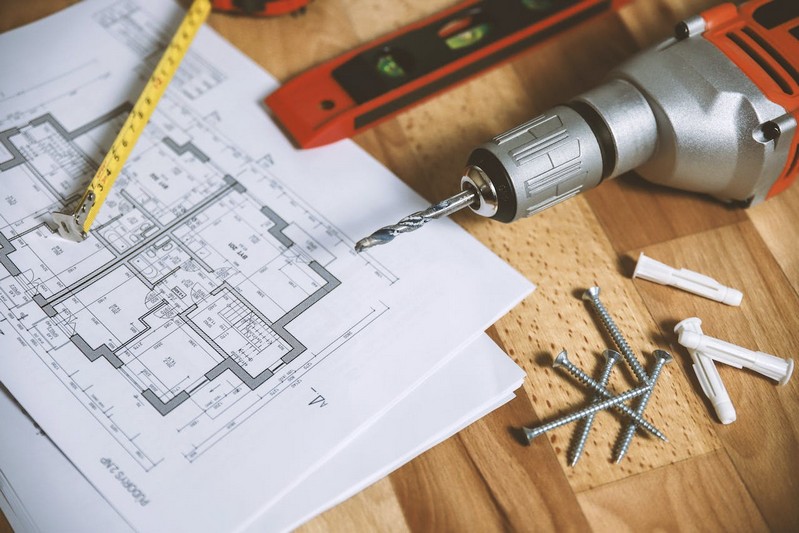5 Top Benefits of Temporary Construction Walls
Renovations are a common necessity across various industries, and temporary construction walls play a crucial role in ensuring these projects proceed smoothly and efficiently. These walls offer a range of benefits that contribute to the success of a renovation by containing, controlling, confining, limiting, restricting, and minimizing various aspects of the construction process.
- Dust and Debris Containment:
Temporary construction walls are instrumental in containing dust and debris generated during renovations. They create a physical barrier that prevents particles from spreading to other areas, thereby maintaining cleaner and safer workspaces. This containment not only ensures a more pleasant environment for workers but also minimizes the impact on the daily operations of the facility.
- Noise Control:
Renovations often involve noisy activities. Temporary wall systems help control and confine these noise levels to the construction area. This containment minimizes disruptions to neighboring spaces, ensuring that the overall work environment remains conducive to productivity.
- Enhanced Safety:
Safety is paramount during renovations, and temporary construction walls contribute to this by limiting access to construction zones. By restricting entry to authorized personnel only, these walls help prevent accidents, injuries, and potential hazards.
- Workflow Continuity:
For businesses that cannot afford downtime, temporary wall panels allow renovations to progress while operations continue. These walls confine construction activities to designated areas, ensuring that customers and staff can go about their daily routines with minimal disruption.
- Aesthetic Appeal:
Temporary construction walls can be designed to maintain or enhance the visual appeal of a space. This is particularly important in settings like hotels or restaurants, where the ambiance is a critical aspect of the guest experience. These walls can be customized to match existing décor or branding, contributing to a cohesive and pleasing environment.
Renovations for Industry-Specific Purposes
These industries recognize that staying up to date with current trends and technologies is essential for attracting customers, clients, and employees while remaining competitive in their respective markets. Renovations are a strategic investment to achieve these goals.
Retail: Retail stores regularly renovate to update their interior designs, create more attractive shopping environments, and accommodate new product lines.
Hospitality: Hotels, resorts, and restaurants renovate to maintain a fresh and inviting atmosphere, upgrade amenities, and stay competitive in the tourism and hospitality sector.
Healthcare: Hospitals, clinics, and medical facilities often renovate to expand patient care areas, update equipment, and enhance patient comfort and safety.
Education: Schools, colleges, and universities renovate to create modern learning environments, upgrade infrastructure, and improve energy efficiency.
Office Spaces: Businesses frequently renovate office spaces to accommodate growth, improve workspace functionality, and create a more appealing work environment for employees.
Entertainment and Gaming: Casinos, theaters, and entertainment venues renovate to enhance guest experiences, update technology, and stay competitive in the entertainment industry.
Manufacturing and Warehousing: Industrial facilities renovate to optimize production processes, improve safety, and accommodate changes in manufacturing technology.
Transportation: Airports, train stations, and bus terminals undergo renovations to enhance passenger experiences, modernize infrastructure, and improve transportation services.
Food Service: Restaurants and food establishments renovate to update menus, modernize kitchens, and create appealing dining spaces.
The benefits of temporary construction walls during renovations are far-reaching. They include dust and debris containment, noise control, enhanced safety, improved privacy and security, workflow continuity, and the ability to maintain or enhance aesthetic appeal. These walls are invaluable tools that not only streamline the renovation process but also contribute to the overall success of the project and the satisfaction of those who occupy the space.
Temporary construction walls serve as versatile solution for minimizing disruptions and ensuring the success of renovation projects in diverse industries.

